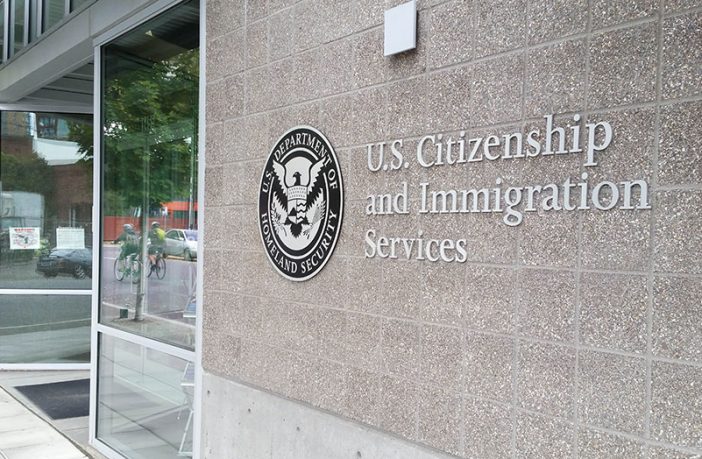U.S. Citizenship and Immigration Services (USCIS) says it will furlough 70 percent of its workers if Congress doesn’t come up with $1.2 billion in emergency funding.
An agency that funds much of its operations via user fees, USCIS blamed the COVID-19 pandemic for a “dramatic decrease in revenue.” It warned that wait times for green cards and visas will increase substantially if a cash infusion does not arrive before the first of 13,000 planned layoffs are scheduled to begin Aug. 3.
Congress should stay calm and wait for more facts.
A one-page memo from the White House’s Office of Management and Budget stated, “The administration supports efforts to ensure USCIS operations continue as fee revenues rebound, and to ensure that such efforts come at no additional cost to taxpayers.”
But House Appropriations Committee spokesman Evan Hollander said it remained unclear exactly what the additional funding would be used for, making it “more difficult for Congress to take action.”
Even as USCIS was planning layoffs, the agency began reopening certain domestic offices for naturalization ceremonies, interviews and initial biometrics intakes. On June 18, USCIS representatives conducted a webinar titled “USCIS Offices Resume In-Person Services Engagement.”
USCIS should reassess the revenue side of its ledger. Last year, the agency proposed sharp fee increases for immigrants applying for naturalization, from $640 to $1,170. A new price schedule is needed now more than ever.
So far, the White House has not submitted a formal request for emergency funding. If and when it does, Congress must resist the temptation to attach conditions or play politics. And under no circumstances should USCIS become entirely funded by the appropriations process.
As FAIR observed recently, “If USCIS had to go through the same appropriations process for funding that DHS, Immigration and Customs Enforcement (ICE), and Customs and Border Protection (CBP) do, then it would merely politicize the funding of another immigration agency.”
The Center for Immigration Studies has pointed to shortcomings in the current fee-based budget model, but this is not the time for comprehensive reform. For now, and going forward, lawmakers must steadfastly resist the temptation to make USCIS yet another plaything for politicians engaging in political gamesmanship.




